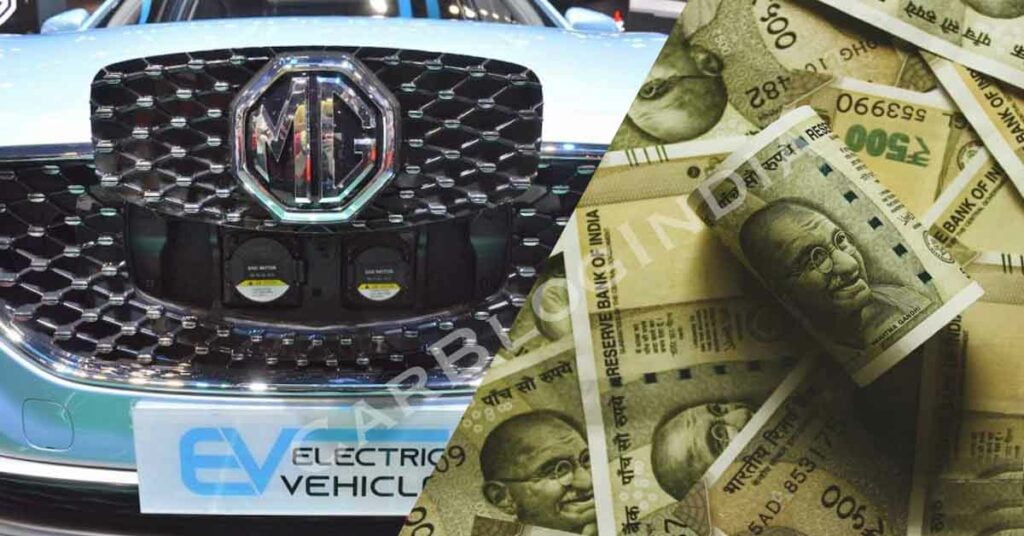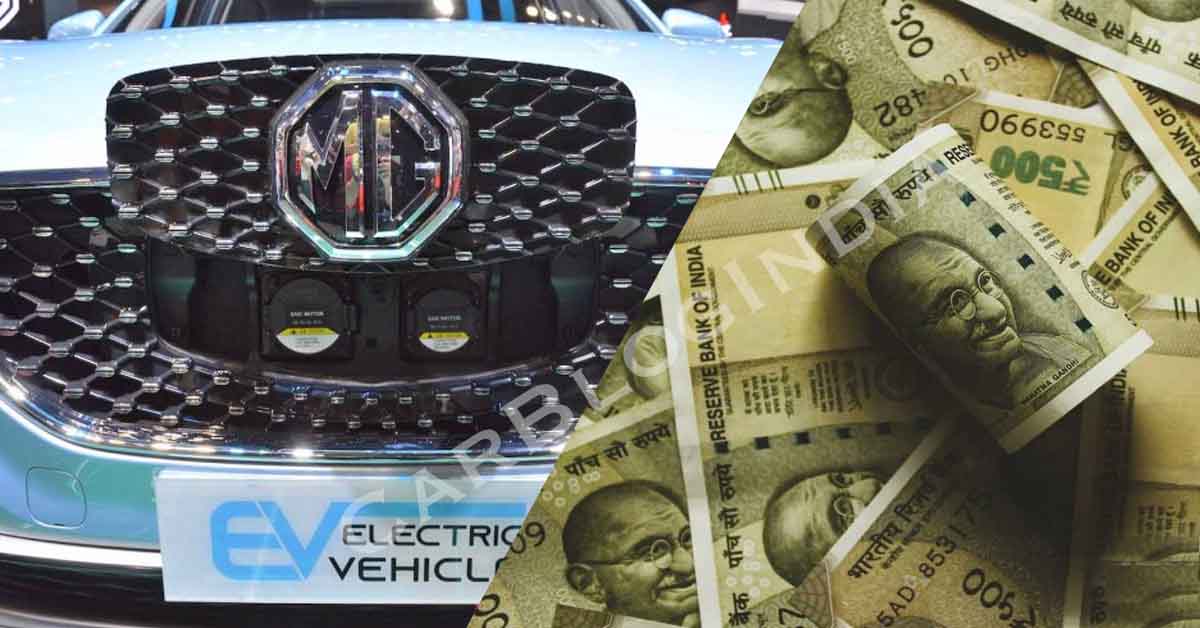The future of mobility certainly looks electric with the policies being developed around EVs by state and central governments.
In the latest development, the Haryana Government has given its approval for the Electric Vehicle Policy 2022. Various state governments are willingly showing participation in this EV race in order to facilitate mass adoption. There are numerous incentives and subsidies offered to EV buyers to make the overall buying experience a bit more inexpensive. As we all know, one of the biggest hurdles in the mass adoption of EVs at the moment is the very high initial price. If the government aids in that regard, more people will become open to this idea.
You may also like: Tata Avinya Pickup is India’s Answer to Musk’s Tesla Cybertruck

You may also like: British EV Brand One Moto Opens Experience Hub in Pune
Electric Vehicle Policy 2022 in Haryana
This policy was approved by the Hon’ble Chief Minister and Council of Ministers in the meeting dated 27.06.2022. Under this policy, there will a wide variety of incentives offered to EV buyers. This includes a purchase incentive of 15% of the ex-showroom price for:
- Electric Car / Light EV (max Rs 6 lakh) that costs between Rs 15 lakh and Rs 40 lakh for the first 1000 vehicles.
- Hybrid Car (max Rs 3 lakh) that costs between Rs 15 lakh and Rs 40 lakh for the first 200 vehicles.
- Electric Car / Light EV (max Rs 10 lakh) that costs between Rs 40 lakh and Rs 70 lakh for the first 1000 vehicles.
- Hybrid Car (max Rs 5 lakh) that costs between Rs 40 lakh and Rs 70 lakh for the first 200 vehicles.
- Hydrogen-Based Vehicle (max Rs 10 lakh) for the first 200 vehicles.
You may also like: Kolkata Police Inducts 226 Tata Nexon EVs Into Its Fleet
Then, there will be an exemption of motor vehicle tax that includes:
- 100% exemption for 2-wheelers (first 30,000) and 3-wheelers (first 15,000) purchased and registered in Haryana.
- 75% exemption for 4-wheelers electric /hydrogen cars (first 10,000) purchased and registered in Haryana.
- 25% exemption for 4-wheelers/hybrid cars (first 2,500) purchased and registered in Haryana.
You may also like: One in Two Cars To Be Electric By 2030
Finally, there will be incentives on the registration fee paid by the electric vehicle owners. This includes:
- Rs 200 registration fee for two-wheelers (first 30,000) and three-wheelers (first 15,000).
- Rs 500 registration fee for 4-wheelers – EVs, Hydrogen (first 10,000) or Hybrid cars (first 2,500).
In addition to all these subsidies and incentives on the passenger two-wheelers, three-wheeler and four-wheelers, there are offers for commercial and agricultural vehicles as well. This includes tractors and buses. With such a comprehensive policy, the intention of the governments becomes quite clear regarding electric mobility and transportation.


